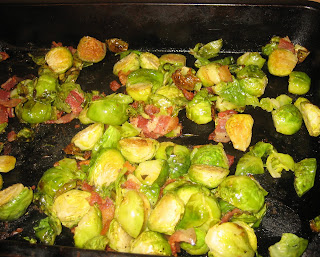
Jet lag follows us around haunting our foggy minds. I seem to look for my local East London urban farm raised root veggies around every Northwest DC corner. And the smells and look of Rock Creek Park trees and leaves confuse my chili and cumin stuffed nostrils from this past winter spent in Sylhet, Bangladesh...
Jet lagged? Maybe. More likely longing for friends and food from what was foreign and soon became familiar. After many years as a chef in upstate NY I soon was creating trainings in London for chefs in how to cook “their” historical foods; Sunday roasts and shepherds pies becoming my foods as well. Sharing food with neighbours in Sylhet, Bangladesh...”their” home made curries for “my” fresh rolled pastas, and rice pastries for layered non-alcoholic cocktails became a nightly treat.
Do we miss those we are no longer near? Of course! Was I being mocked by East London friends about moving to D.K (District of Khaki)... of course!!!
The truth is that in a couple weeks so far living in D.C. I have seen so many wonderful glimpses into its food world. And so many people willing to chat, to connect me with other people and to give me the key tips...
No, this is bigger than all the job search tips...I am talking about the real keys to life in DC that people have schooled me on: the farmers markets (had wonderful ashed goat cheese at Mt.Pleasant), the amazing supplies of bulk goods at Takoma Food Co-op, which CSA to join, best bicycle routes, where to help make a difference in my new community,etc...
I get so excited talking to people about work, community, and food in the area as I unpack my boxes and find my way I can only start by give back a little bit...the last plate of crumble!!!
Mt. Pleasant Farmers Market Fruit Crumble
WHAT YOU NEED
FILLING
4 apples, washed, cored and thin sliced
6 stalks rhubarb, washed and chopped
Lime, zest and juice
2T raisins
1 t Cinnamon, to taste
2T sugar
CRUMBLE TOP
75g(1/3cup) Sugar
75g (1/3 cup) Butter
100g (2/3cup) Flour
50g (1/2cup) Oatmeal
1t Cinnamon
WHAT TO DO
- Heat oven to 190 C/375 F.
- Toss apples, rhubarb, raisins, lime zest, lime juice, cinnamon and 2 t sugar in you baking tin.
- Rub butter into the flour, stir in sugar, oats, and more cinnamon and rub till crumbly.
- Cover rhubarb apple mix with crumble mix and press firmly into place to create sealed layer over the fruit.
- Bake in oven for 40 minutes until browned and let rest 10 minutes, if you can, before eating.
- Serve this with some natural yogurt instead of ice cream or custard.
- Use whatever seasonal fruit is available.
- Add in some dried fruits or other citrus zests to change the flavours.


















